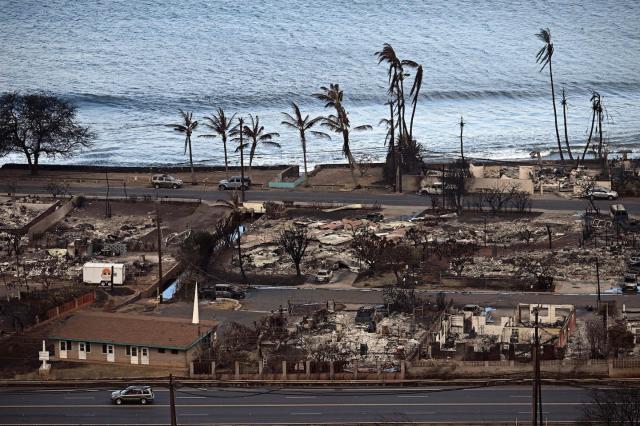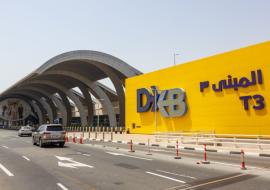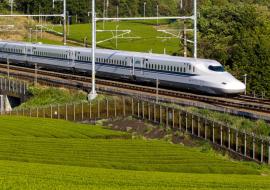Tourist Presence Divides Fire-Ravaged Maui

"This is not a time for tourism. Please don't come on vacation to Maui." With these words, actor Jason Momoa tried last weekend to raise awareness among his followers about the fires that have devastated the paradise island of Hawaii and in which more than a hundred people have died.
His message is in line with what has been requested by local authorities, who want to temporarily curb arrivals to the archipelago to focus on rebuilding cities like Lahaina, reduced to ashes.
The vast majority of tourists have taken heed. Some 46,000 people have left the island since it was ravaged by the biggest natural disaster in its history. Many were evacuated when the flames had not yet been extinguished.
By Sunday, the number of passenger arrivals was down nearly 81% compared to the same period last year, according to data from Hawaii's Department of Business, Economic Development and Tourism reported by Reuters. The low presence of aircraft on the island, especially from outside the archipelago, can also be seen on the Flight Radar 24 map, a website that tracks flights around the world.
Others, however, have chosen to ignore the Hawaiian government's requests, sparking outrage among locals. "Tourists are swimming in the same waters where our people died three days ago," a Maui citizen told the BBC.
The British media portrays an island divided into two classes: residents working to recover the bodies and homes they have lost to the fires and the bubble of visitors still staying in the glamorous resorts of the southwest, less affected.
The unease of many locals, channeled through social media, contrasts with their economic reality. Maui depends on tourism. Eighty percent of its wealth is derived from that sector, according to its development board. Some 2.9 million tourists visited the island in 2022, spending an estimated $5.69 billion. On the other hand, fewer than 165,000 people reside there, according to U.S. Census data.
That reality, easily observable from the ground, is what has Hawai'i authorities debating what to do. While rescue teams continue to scour the fire-affected terrain for possible fatalities, the government is exploring all possibilities. The priority is to address the immediate needs of residents and to build new homes so that they can get on with their lives. However, the island's financial health is also weighing heavily. Very much so.














